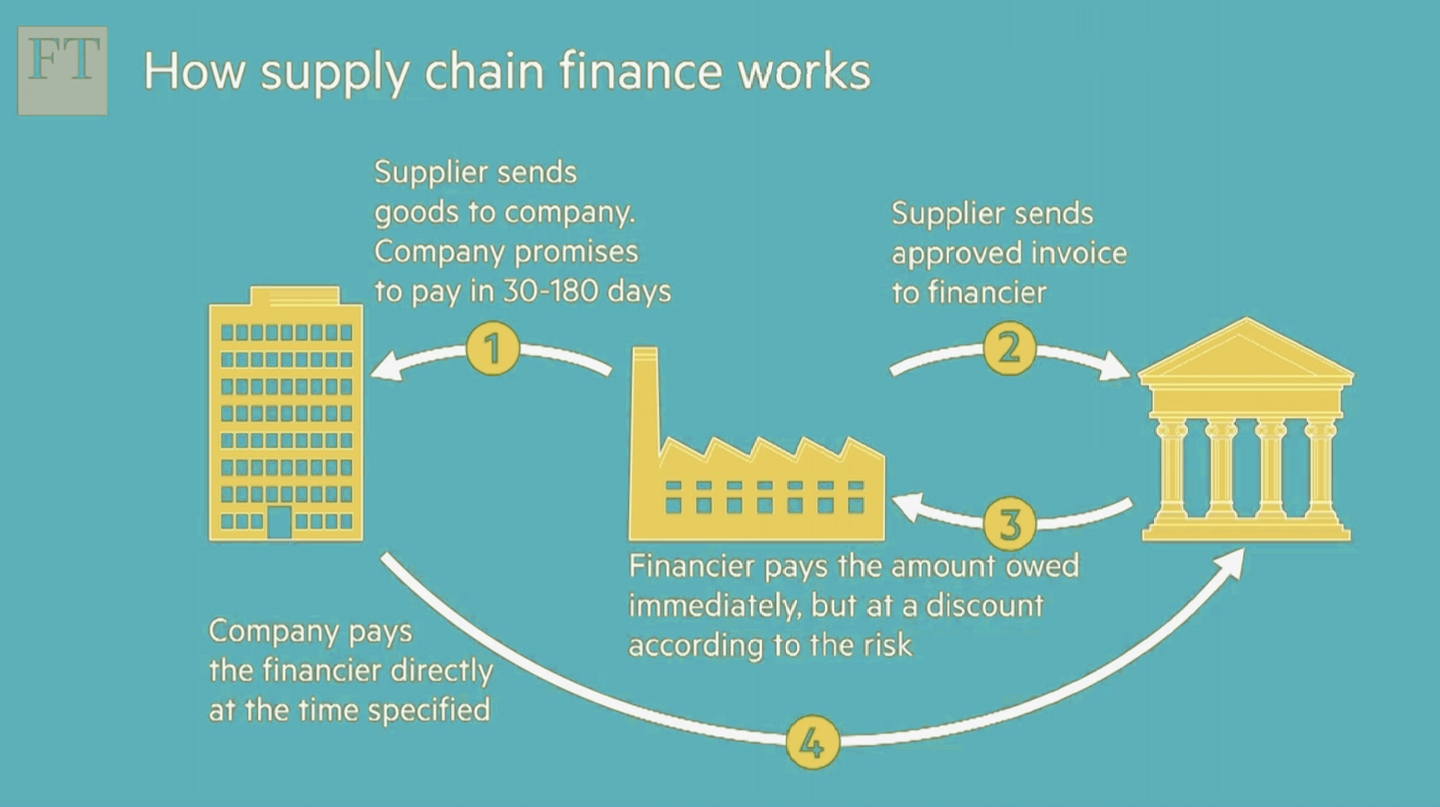Early signs of fraudulent practices can help businesses act quickly to mitigate any associated risks. The FT comprises a global network of journalists who work together to report on the biggest issues in business. US accounting editor Stephen Foley and US legal correspondent Joe Miller explain how this is accomplished through the interconnectedness of FT journalists as they head a new professional services reporting team in New York.
The FT’s reputation for its integrity and accuracy also attracts some of the best editorial talent, “not only do we have journalists everywhere but we have journalists who have worked everywhere,” says Stephen. This means the FT gains access to leaders in business and politics, whilst making the “necessary connections between what is going on in Europe to what’s happening in Asia and the US.”
Wirecard
It took 5 years from the time FT journalists picked up signals that Wirecard’s financial reporting was inaccurate to the time when their suspicions were confirmed. The FT disclosed that a supposed €1.9bn did not exist in Wirecard’s accounts. For auditors, this exposed a deficiency in internal controls as businesses suffered huge losses when Wirecard collapsed into insolvency in June 2020.
What law and accountancy firms are up to are not just integral to their own internal cultures and economies but to how all sectors of the US economy function.
US Legal Correspondant





Wirecard is one very good example of the collaboration that we're able to do.
US Accounting Editor
Stephen explains how “Wirecard is one very good example of the collaboration that we're able to do,” as FT journalists worked together to bring down the German fintech giant. The FT’s extensive network of journalists surprisingly mirrors the accounting industry “which is made up of firms that run global networks.” It, therefore, makes sense for the FT to have a global presence because the “companies and issues we are looking at are also global,” Stephen adds.
Many failed to recognise the risks associated with Wirecard, who had greatly exaggerated its value in the market. Organisations that acknowledged the signals first picked up by the FT gained a substantial advantage as they moved towards mitigating risks and leveraging FT intelligence to forecast other market trends.
Greensill
Greensill Capital was a British-Australian company that used a supply chain financing model to make finance easier for smaller businesses. After the FT revealed the truth behind Greensill’s ‘shaky business model’ and that billions covering their supply-chain finance contracts had expired, Credit Suisse froze $10bn in funds. This ultimately led to the collapse of Greensill in March 2021.





If we're going into an economic downturn, we might see some practices exposed that may not otherwise have been.
US Accounting Editor
According to Stephen, news coverage for Greensill has been a “strong team effort” where you pull in people who have “a financial reporting background and political reporting backgrounds.” As someone familiar with the accountants and the accounting sector, Stephen hopes to “contribute to building out some of the coverage.” With the current state of the economy, it appears to be a rather important time to cover professional services as “we might see some practices exposed that may not otherwise have been.”
FTX
Sam Bankman-Fried founded cryptocurrency exchange FTX and crypto trading company Alameda Research, which he claimed were operating independently. After CoinDesk released a report on Alameda’s balance sheet, Binance announced that they’d be selling their holdings of the FTT token. This caused widespread market panic as the price of FTT plummeted. FTX collapsed in November 2022, signalling massive shortcomings in regulation for crypto and digital assets as a reported $8bn of customer deposits are still missing.
FT digital asset correspondent Scott Chipolina interviewed Bankman-Fried just before his arrest in the Bahamas. Joe explains how access to a wide range of sources allows the FT to be “a little bit more broad in its analysis,” as FT journalists focus on “what trends within the industry mean for the global economy.”





I’d argue that our journalism is far richer than some of our rivals.
US Legal Correspondant
Access to a diverse pool of journalists means the FT can adapt its reporting according to changes in the market. “We've been writing about how crypto lawyers have become incredibly in demand and how traditional law firms are trying to bulk up their crypto practice”, says Joe. Liaising with subject-matter experts means the FT can offer an international perspective, “so I’d argue that our journalism is far richer than some of our rivals”. Joe goes on to say how the FT is less focused on what “various actions and trends mean regionally or domestically and is more focused on what this means for our readers around the globe.”
The FT also identified issues deeply embedded in FTX’s business organisational structure. FTX required distributed management so that power and decision-making would be divided between multiple stakeholders. FT journalists also reported on the importance of corporate governance and the need for a proper framework for risk management.
Follow FT journalists covering professional services
According to Stephen, his coverage 'dovetails very, very stongly with some of our other products and journalistic teams in New York and in the US." With a "very stong set of financial reporters in the US," Stephen explains how the FT is as strong as its ever been which makes the team rather excited to just "get out there and tell the stories that are interesting to our readers right now."
FT.com subscribers can use the myFT feature to follow FT journalists covering professional servies in the US. US accounting editor Stephen Foley and US legal correspondent Joe Miller recommend readers to follow fellow journalists James Fontanella-Khan who is US corporate finance and deals editor, Wall Street editor Sujeet Indap, US business editor Andrew Edgecliffe-Johnson and US private capital correspondent Mark Vandevelde.
Follow the team on Twitter:
@StephenFoley
@JoeMillerJr
Learn more about FT Professional
FT Professional equips users with specialist knowledge and tailored insights from the Financial Times to help them make the best strategic and commercial decisions in an unpredictable global environment. Our customers get more from FT journalism through additional resources, curated news and action-oriented tools.
Help your team make better business decisions with the FT’s trusted commentary and analysis. For more information about how FT Professional can help your organisation, please get in touch.
